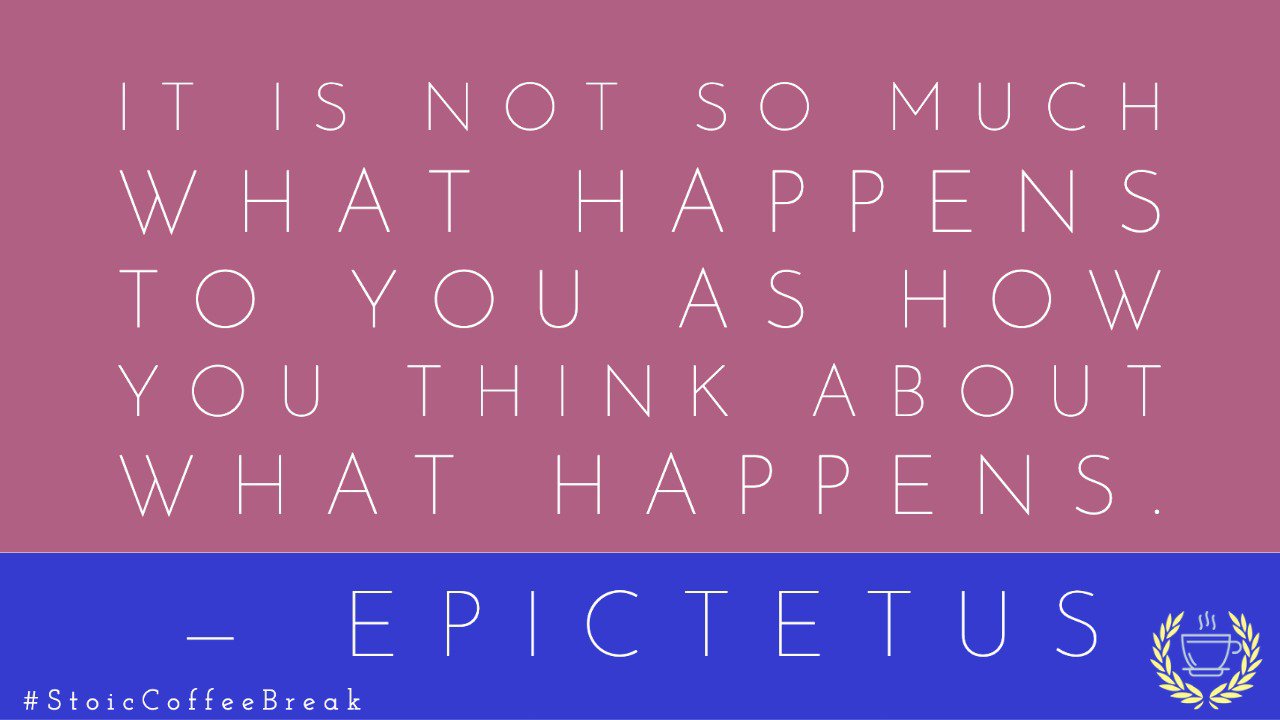Tag: thinking
-

314 – Think Slow, Act Fast: How to Plan and Win
In a world that often glorifies rapid action, the wisdom of “think slow, act fast” offers a refreshing perspective. By investing time in meticulous planning, we can navigate potential setbacks and align our actions with our true objectives. This approach not only enhances efficiency but also fosters resilience in both personal and professional endeavors. “Patience…
-

263 – No Self
“It is not so much what happens to you as how you think about what happens.” ― Epictetus Do you think of yourself as a “self”? What if we had no part of us that was an enduring self? How would that change how you acted in the world? Today I want to talk about…
-
143 – The Quality of Your Thoughts
As human beings, we have an amazing gift – the ability to be conscious of our own thinking. How are you taking advantage of this gift? When we are unaware of the thoughts running through our head, we are relinquishing control of our mind to the old habits and patterns that we have created…
-
107 – Tranquility Within Your Realm
“It is in your power to withdraw yourself whenever you desire. Perfect tranquility within consists in the good ordering of the mind, the realm of your own.” ― Marcus Aurelius Photo by frank mckenna on Unsplash
-
101 – Mindless Pap
“Most of what passes for legitimate entertainment is inferior or foolish and only caters to or exploits people’s weaknesses. Avoid being one of the mob who indulges in such pastimes. Your life is too short and you have important things to do. Be discriminating about what images and ideas you permit into your mind. If…